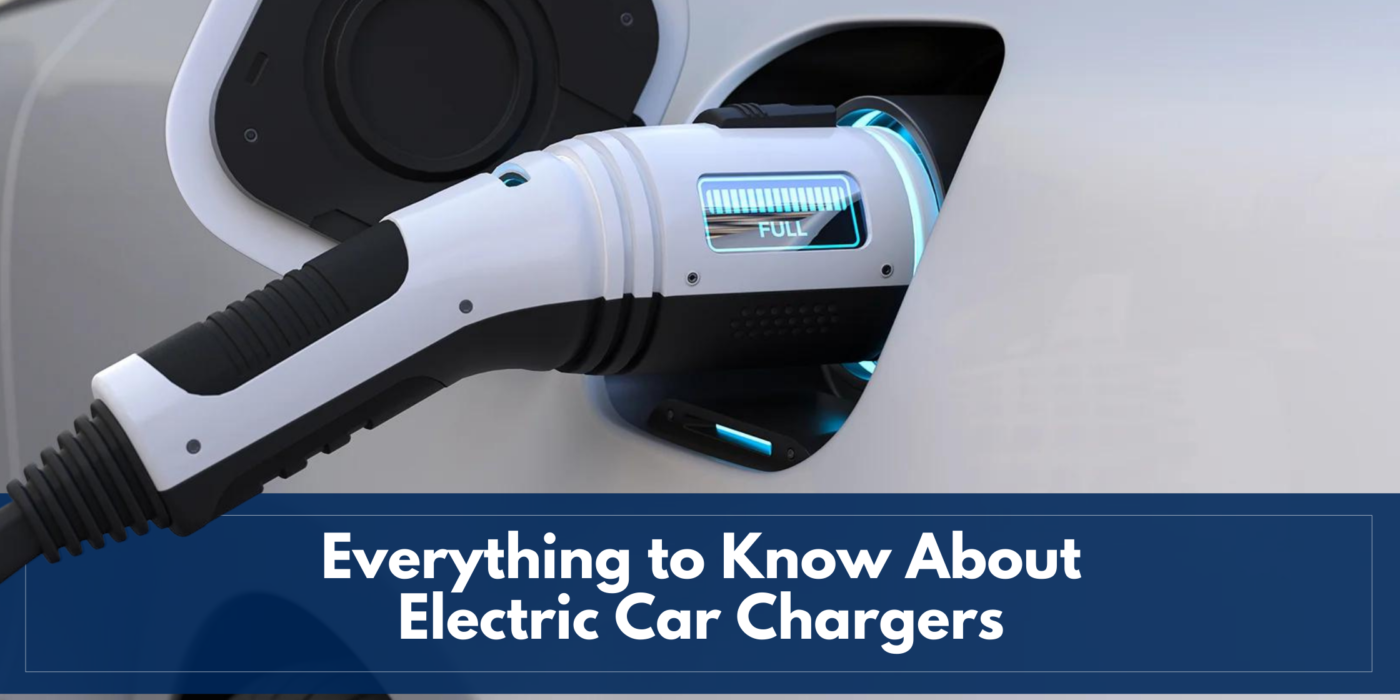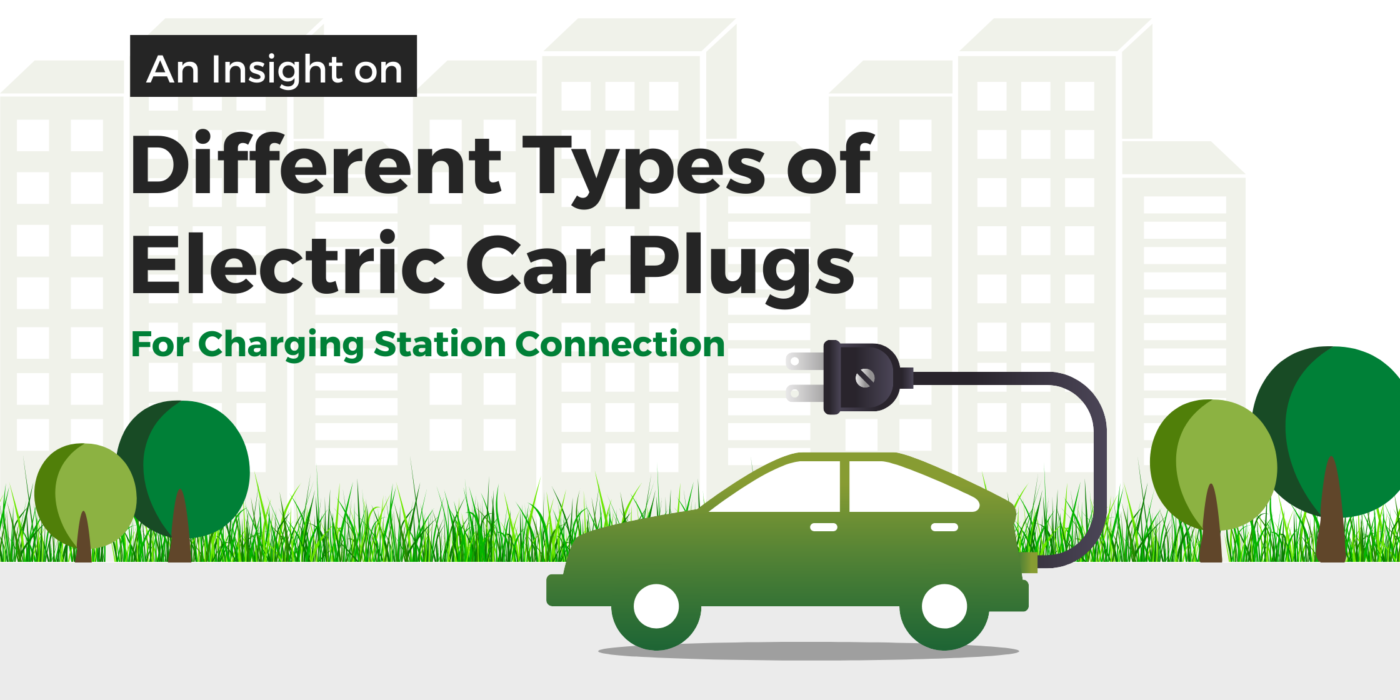There was a time when only petrol or diesel was the fuel for any vehicle. But now, with the introduction of Electric vehicles, we need electricity to charge them. That’s why we need an Electric car Charger. In simple words, these are the equipment or medium to charge your electric car. They provide a source of energy to recharge the battery of your car.
There are various types of EV chargers present. There are low-power AC and high-power chargers DC available to meet the different needs of different EVs. You can charge your EV at home, in commercial places, or in public charging stations.
How to use Electric car Chargers?
You have the option of charging your vehicle at home or at a public charging station. However, the charging method is identical for both chargers. You may use a socket or a wall box charger at home. This is something we’ll go over in more detail later in this post. Let’s speak about how to utilize an EV Charger now-
- First, turn off your EV before plugging it in for charging. This allows the battery to charge more quickly.
- Open the charging connector area now.
- After that, remove the charger’s plug and attach it to the EV.
- That’s all, now wait until your car is fully charged.
Where can you find an electric car charger to charge your EV cars?
Initially, when electric cars were introduced, EV owners needed to visit stations to charge their cars. But as time passes and with more innovation, now we can even install an EV charger at home. Yes, it is as easy as charging your mobile phone or laptop. You just need to plug in the socket and charge your EVs. The following are some places where you can find a car charger-
-
EV Chargers at Residential areas (Home/apartments/colonies)
As we told you earlier, nowadays you can easily install an EV charger at home. There are two types of home charging, Level 1 and Level 2. For better response, it is recommended to use a Level 2 charger. We will discuss this in further sections. With the installation of home chargers, it becomes convenient for one to charge their EV.
-
EV chargers at Offices/Workplace
Car chargers are also available at offices/workplaces. These are like an electric chargers at home. This facility is offered by an employer to its employees so that they can charge their EVs easily. You can find the chargers mostly at parking lots with Level 2 chargers for fast charging. As an employee, it will be beneficial to have a charging point at your workplace.
-
EV chargers at public places
You can often find charging stations at public places or nearby roads. These are helpful when you must travel a long distance and need to recharge your EV. You can spot them at places like parking spots, parks, restaurants, malls, and other such places. You find chargers of Level 1, Level 2, and Level 3 at these public charging stations. It is easy to find an EV Charging station through maps.
How to use Electric car chargers at Home?
You have two options for charging an electric car at home- utilize a regular outlet or install a home charger for electric cars. For charging through a regular outlet, you need to have a 3-pin plug. For fast charging, you must install an electric charger for your EV. Let us tell you how to use both these options.
Using Three-pin regular outlet to charge EV (Level 1)
It is simple to use a regular outlet, you just must pull out the EV socket and plug it into the outlet. You can have a fully charged EV in 9-10 hours. Though this method is easy, it takes a lot of time to charge your car. All-electric vehicles come with a Level 1 (110V) home connector kit. This device enables you to connect your EV to a regular socket.
Using a Wall box charger for an electric car (Level 2)
You can install a wall box charger for quick and easy charging. Installers who are competent to install these chargers can do so. You may choose whether you want to be tethered or untethered. The box is attached to the tethered charging wire, but not to the untethered one. In both cases charging is easy. You just need to locate the car’s socket and plug it in the cable.
Types of Electric Car Chargers
Now, as you know how to use EV chargers, you must know that there are a variety of electric car charger plugs. You will be fascinated to know that all have different speeds and capabilities. Understanding the types of EV chargers will help you to know the best one for your Electric Vehicle. You can find different types of car chargers at different places like at home, apartments, offices, public places, and many more.
There are mainly three types of EV chargers available
- Level 1 EV Chargers
- Level 2 EV Chargers
- Level 3 EV Chargers
Level 1 EV Car Charger (120V)
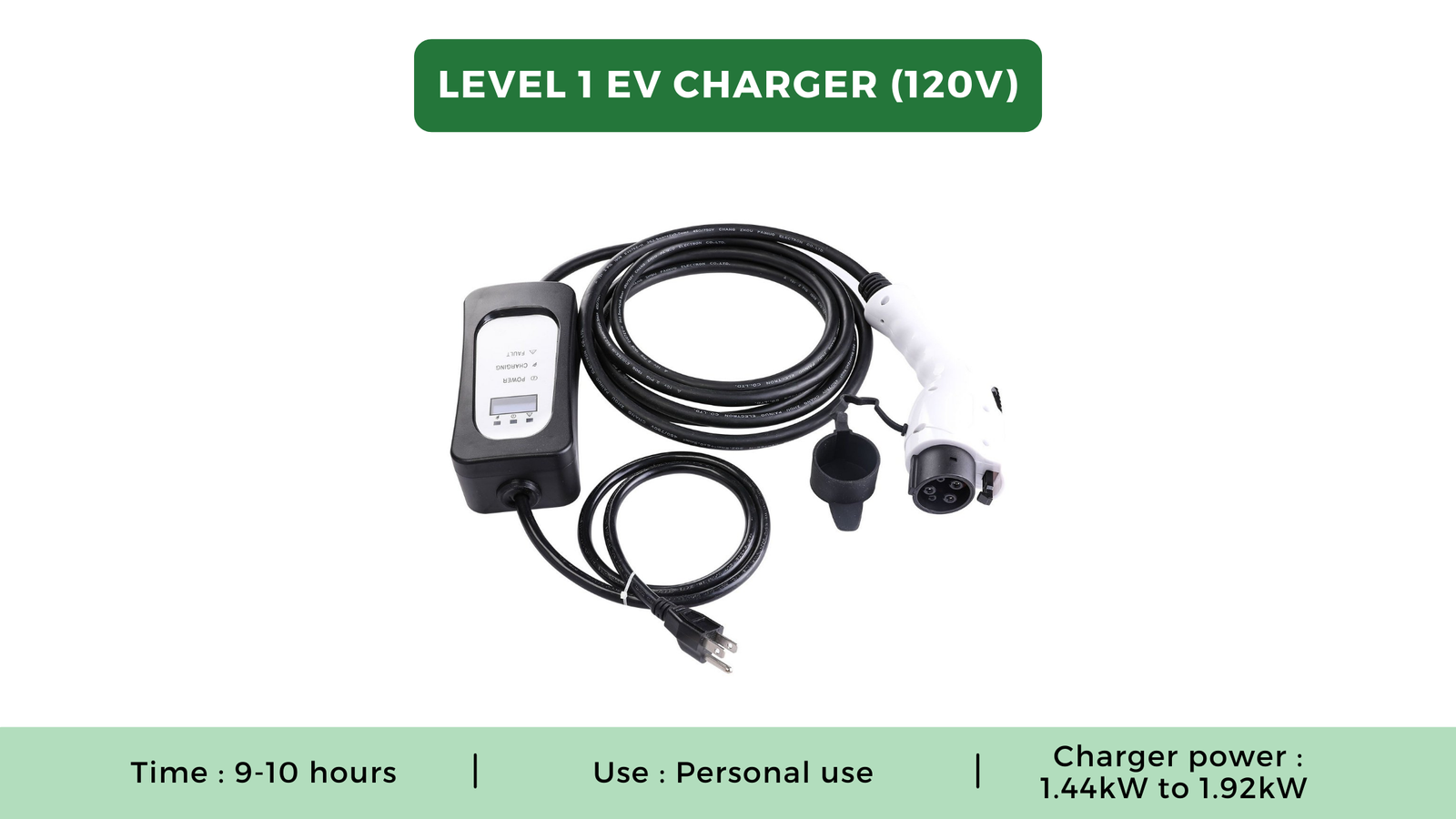 Level 1 is the most basic sort of EV charger. It is just a standard wall outlet charger. Level 1 chargers might take up to 24 hours to completely charge an electric vehicle. These chargers are frequently found in regular home outlets. The following are the characteristics of a Level 1 charger-
Level 1 is the most basic sort of EV charger. It is just a standard wall outlet charger. Level 1 chargers might take up to 24 hours to completely charge an electric vehicle. These chargers are frequently found in regular home outlets. The following are the characteristics of a Level 1 charger-
- These EV Chargers are portable and versatile.
- It is less expensive since the installation costs are less.
- They connect into a 120V AC Charger.
- It takes 9-10 hours or overnight to completely charge your vehicle.
- Typically, they are acceptable for use as a home charger.
- Level 1 chargers will not significantly raise your monthly power cost.
Level 2 EV Car Charger (240V)
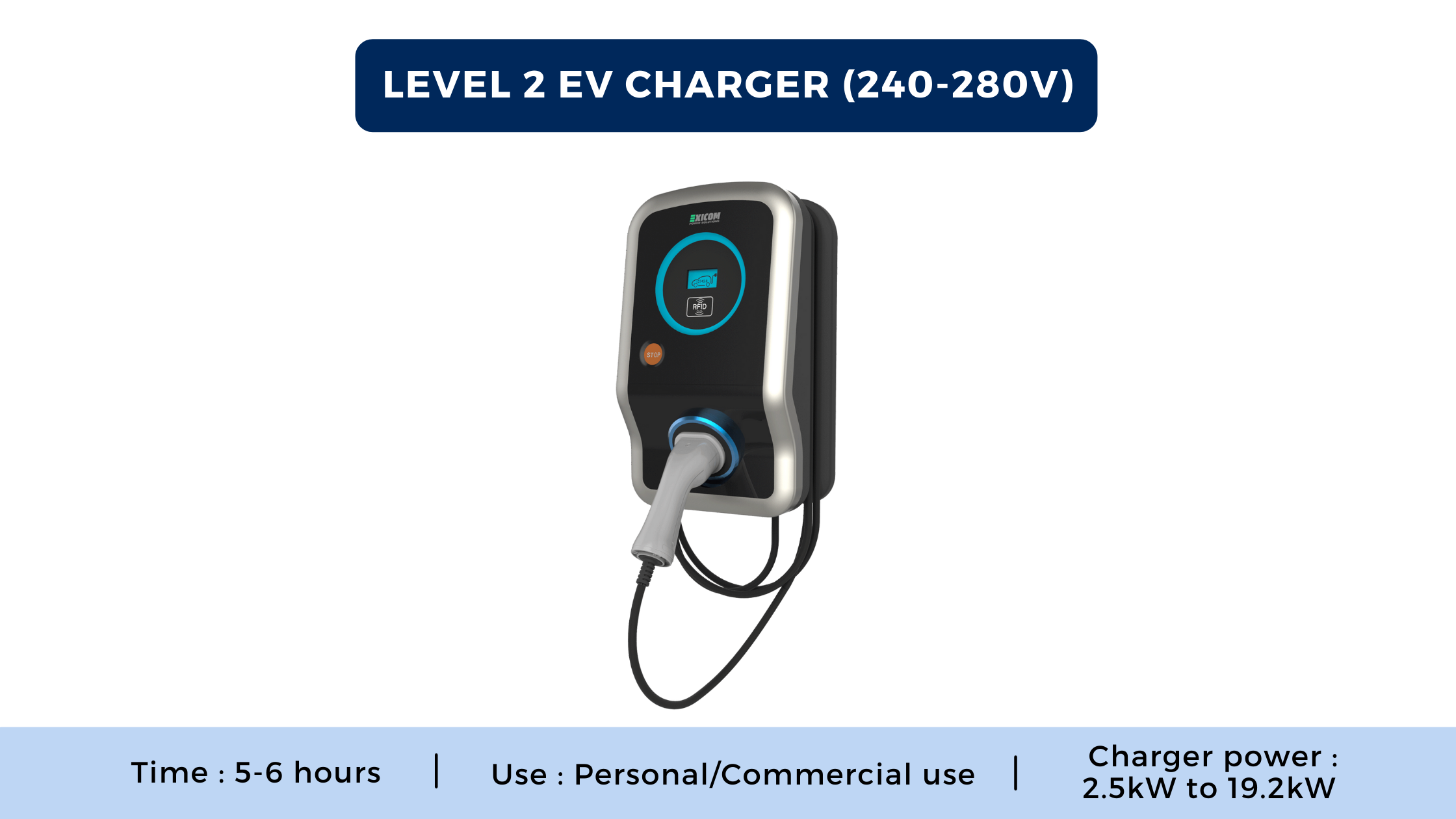
In both business and household settings, Level 2 EV Chargers are employed. Public Level 2 chargers use a standard EV connection socket that matches all recent automobiles, except Tesla. These chargers need a proper installation by a qualified electrician. These chargers take less time in charging in comparison with Level 1 Chargers. The following are some features of a Level 2 Charger-
- The charger uses a 240V plug for home and a 280V plug for commercial uses.
- Chargers have a high initial and ongoing cost of installation and maintenance.
- A fully charged automobile battery takes about 5-6 hours on a Level 2 charger.
- These chargers may also be used in connection with a solar panel installation.
Level 3 EV Car Charger
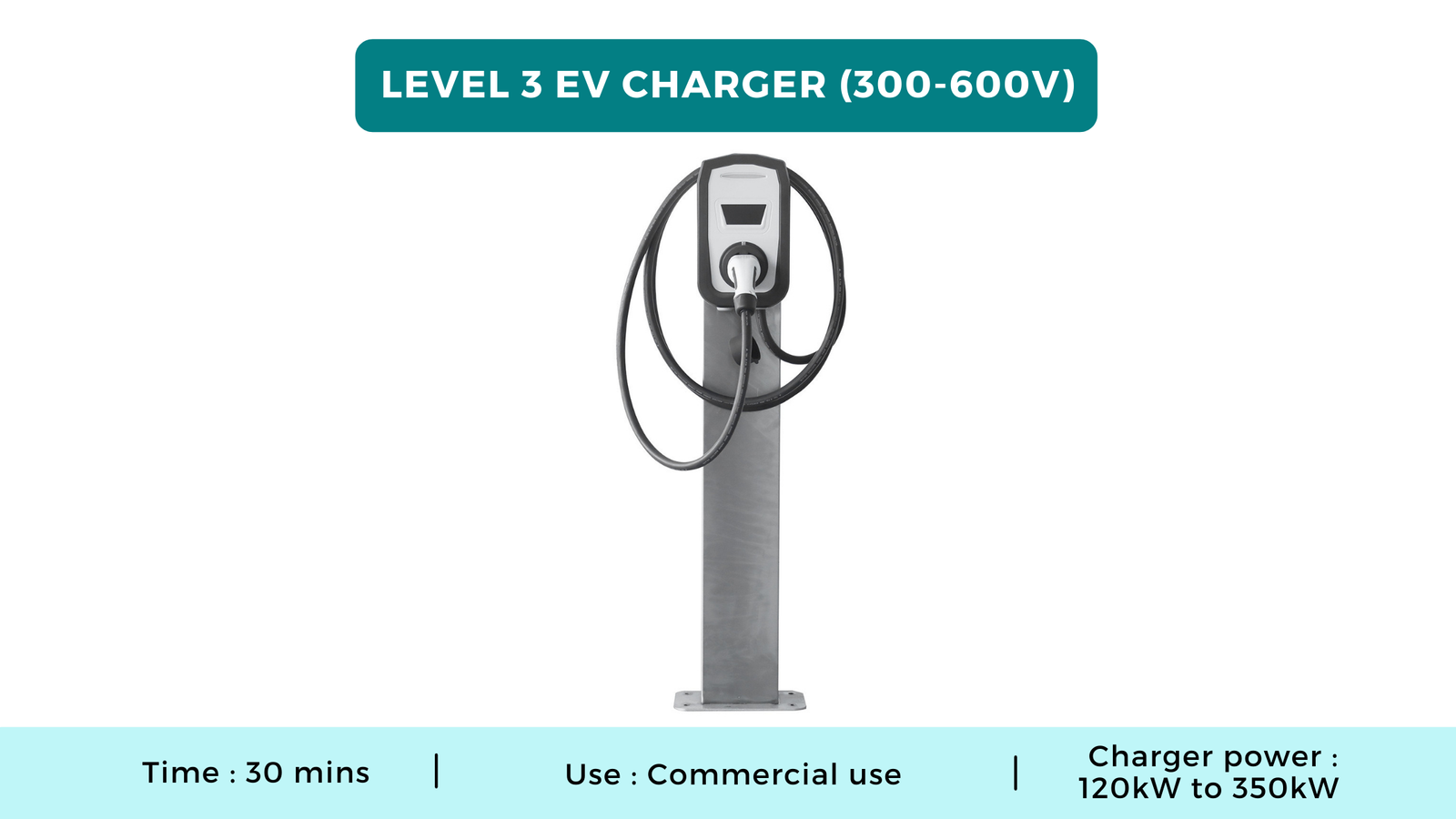
Level 3 chargers are also known as DC fast chargers. The installation and maintenance of DC chargers required high specialization. These Level 3 Chargers are unable to charge all-electric vehicles. Typically, these chargers are only present in public areas. The DC chargers use 2 different types of plugs which we will discuss in the coming section. The following are some characteristics of a Level 3 EV Charger-
- A 480V direct current (DC) plug is used in DC rapid chargers.
- DC charger installation is expensive, and not everyone can afford it.
- In cold conditions, these chargers slow down the charging process.
- These chargers are lightning quick and can charge your electric vehicle in under one hour.
- DC fast chargers are beneficial for long trips.
Home Electric Car Chargers
Most of the electric car charging takes place at home. Mostly, EV users charge their vehicles at home. Charging at home is simple and convenient. Let us look at how having a home car charger is beneficial.
Pros of Home Charger for Electric car
Having a Home EV charger is so beneficial for you. To avail of most benefits, use the Level 2 charger for your home. The following are some advantages of having a car charging point at home-
-
Get a fully charged battery in a few hours-
Using a Level 2 charger will help you recharge your EV battery quickly. It will take like 5-6 hours to charge a 30-kWh battery car.
-
Minimize your cost –
Recharging your EV from public stations regularly can be costly. You can install home electric chargers at a low or negligible cost. All you need is a small initial investment for installing chargers and enjoying them later.
-
Get a Fully charged EV every morning-
You can charge your EV with home chargers in the evenings and nights. When you go home from work, simply plug your charger into your electric car, and you’ll have a completely charged battery the next morning.
-
Make EV charging easy and portable-
Charging electric vehicles at home has never been easier or more pleasant. The range of an electric vehicle is usually sufficient for all your everyday driving, so you won’t need to stop at public charging stations. While you dine, play with the kids, watch TV, or sleep at home, your electric car charges.
EV Charger Components Supplier Company
Now, we hope you know which type of EV charger you want for your car. This is the time to tell you some Electric car Charger Component Suppliers. This list will help you to pick the supplier that provides your favorite EV Charger. The following is the list of EV Charger component supplier companies-
Meanwell – For more than three decades, MEAN WELL has been developing, manufacturing, and distributing standard power supply devices. They develop over 9,000 models of standard power supply products (AC/DC).
Siemens – Siemens is one of the leading electrical equipment manufacturing industries in the world. The company provides various charger components such as DC power for charging, power metering, DC/AC Charger module.
CHINT – CHINT is a smart energy solution supplier with a global reputation. CHINT was founded in 1984. The company has expanded in more than 14o countries and employs more than 30,000 people.
Crown Battery – Crown Battery is a privately held company with headquarters and manufacture in Fremont, Ohio. They have more than 14 sales and distribution offices. The company is a leading manufacturer of batteries.
Conclusion-
Understanding electric chargers are necessary to charge your EVs properly. With proper understanding, you can understand what type of charger you want. Also, as the demand for EV increases, the demand for EV Chargers is increasing. Hence it becomes more important for you to pick the best car charger for your EV. We like to enlighten you that Monarch innovation is a leading engineering company. They can provide you with EV Chargers designs as per your need. You can contact them in case of any query related to an EV Charger.

